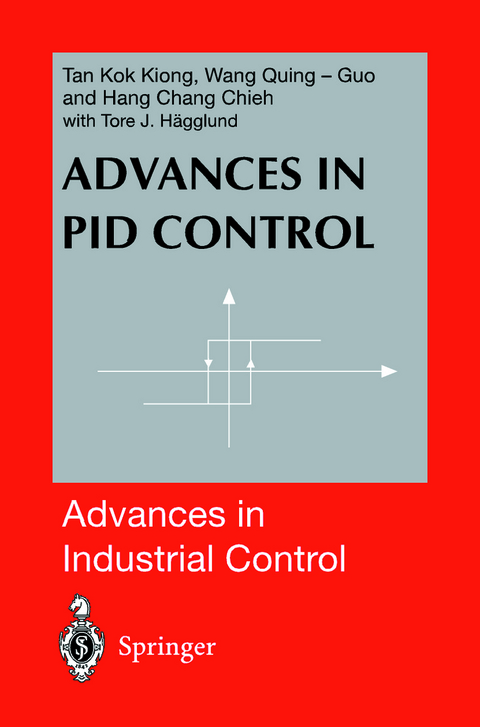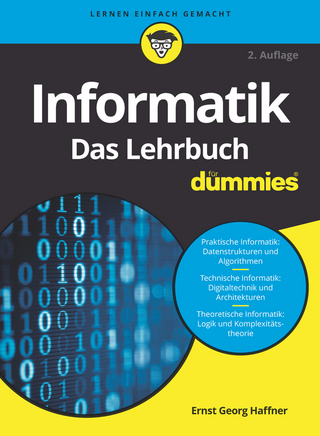
Advances in PID Control
Springer London Ltd (Verlag)
978-1-4471-1219-8 (ISBN)
Evolution and components of PID controllers
Classical and Modern PID controller design
Automatic Tuning
Multi-loop Control
Practical issues concerned with PID control
The book is intended to be useful to a wide spectrum of readers interested in PID control ranging from practising technicians and engineers to graduate and undergraduate students.
1. Introduction.- 1.1 Evolution of the PID Controller.- 1.2 Components of the PID Controller.- 1.3 Choice of Controller Type.- 1.4 Nomenclature of the PID Controller.- 1.5 Structures of the PID Controller.- 2. Classical Designs.- 2.1 Introduction.- 2.2 Design Objectives - Speed Versus Stability.- 2.3 Trial and Error Method.- 2.4 The Ziegler-Nichols Methods.- 2.5 The Stability Limit Method.- 2.6 The Cohen-Coon Method.- 2.7 The Tyreus-Luyben Method.- 3. Modern Designs.- 3.1 Introduction.- 3.2 Constraints of Classical PID Control.- 3.3 Pole Placement Design.- 3.4 Dominant Pole Placement.- 3.5 Gain and Phase Margin Design I: PI Controller.- 3.6 Gain and Phase Margin Design II: PID Controller.- 3.7 Linear Quadratic Control Design.- 3.8 Composite PI-Adaptive Control Design.- 4. Automatic Tuning.- 4.1 Introduction.- 4.2 Step Response Approach.- 4.3 Relay Feedback Approach.- 4.4 On-line Relay Tuning.- 4.5 FFT on Relay Transients.- 4.6 Frequency Response - Transfer Function Conversion.- 4.7 Continuous Self-Tuning of PID Control.- 5. Multi-loop Control.- 5.1 Introduction.- 5.2 The Modified Ziegler-Nichols Method.- 5.3 Review of the BLT (Biggest Log-Modulus Tuning).- 5.4 Modified Ziegler-Nichols Method for Multi-Loop Processes.- 5.5 Derivation of the Design Equations.- 5.6 Simulation study.- 5.7 Extension to Cross-coupled Controllers.- 6. Practical Issues.- 6.1 Introduction.- 6.2 Non-linearities.- 6.3 Disturbances.- 6.4 Operational Aspects.- 6.5 Digital PID Implementation.- A. Industrial Controllers.- A.l ABB COMMANDER 351.- A.2 Elsag Bailey Protonic 500/550.- A.3 Foxboro 718PL/PR.- A.4 Honeywell UDC3300.- References.
| Reihe/Serie | Advances in Industrial Control |
|---|---|
| Co-Autor | Tore Hägglund |
| Zusatzinfo | XVII, 264 p. |
| Verlagsort | England |
| Sprache | englisch |
| Maße | 155 x 235 mm |
| Themenwelt | Mathematik / Informatik ► Informatik ► Theorie / Studium |
| Technik ► Elektrotechnik / Energietechnik | |
| Technik ► Maschinenbau | |
| ISBN-10 | 1-4471-1219-9 / 1447112199 |
| ISBN-13 | 978-1-4471-1219-8 / 9781447112198 |
| Zustand | Neuware |
| Haben Sie eine Frage zum Produkt? |
aus dem Bereich


